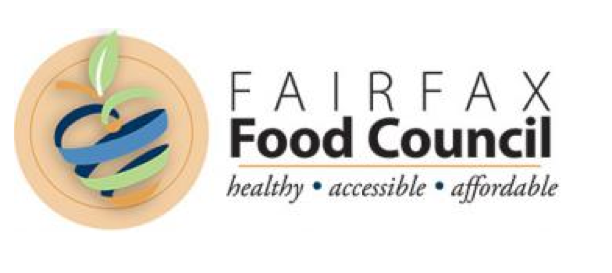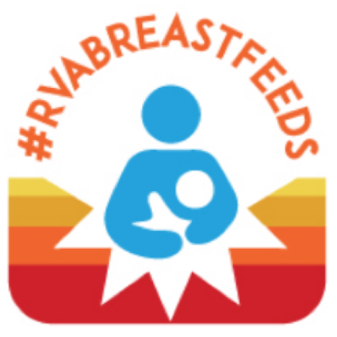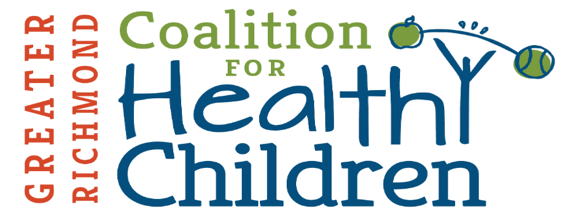Faith/Move
Best Practice Strategies:
The Middle Peninsula-Northern Neck (MPNN) Community Service Board (CSB) and MPNN Healthy Community Action Team (HCAT) collectively include representation from Parks and Recreation, Boys and Girls Clubs, Preschools, Private Recreational Facilities, Churches, Farmer’s Market, Healthcare, and more. This diverse group of community members conducted a local needs assessment that revealed a need for increased availability and access to free or low cost recreational activities for families and youth. In addition to annual events like Celebrate Healthy Living Day, the MPNN CSB and HCAT effectively collaborated with schools to develop recreational facility agreements that expand facility hours for families to use outside of business hours. In addition to parents, the increased access to recreational space allowed local youth-serving organizations to also use the space for enhancing and adding physical activities for the youth that they serve.
Lessons Learned: Tips for Partnership
MPNN’s CSB and HCAT identified that a primary challenge they encounter is to inspire, engage and maintain key collaborative community partnerships. They address this by regularly expressing gratitude and appreciation to partners, requiring that initiatives be evidence-based, and by maintaining clear communication and project objectives.

Agency Partner:
Middle Peninsula Northern Neck

Testimonials
“Youth serving organization leadership has shared with us that parents comment regularly about their children showing more interest in eating fresh fruits and vegetables and in engaging in physical activity ”
Cheryl Matteo-Kerney, Director, MPNN CSB Prevention, Health and Wellness Division , on the results of expanding the hours of school recreational facilities





